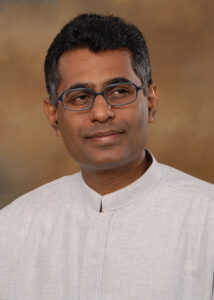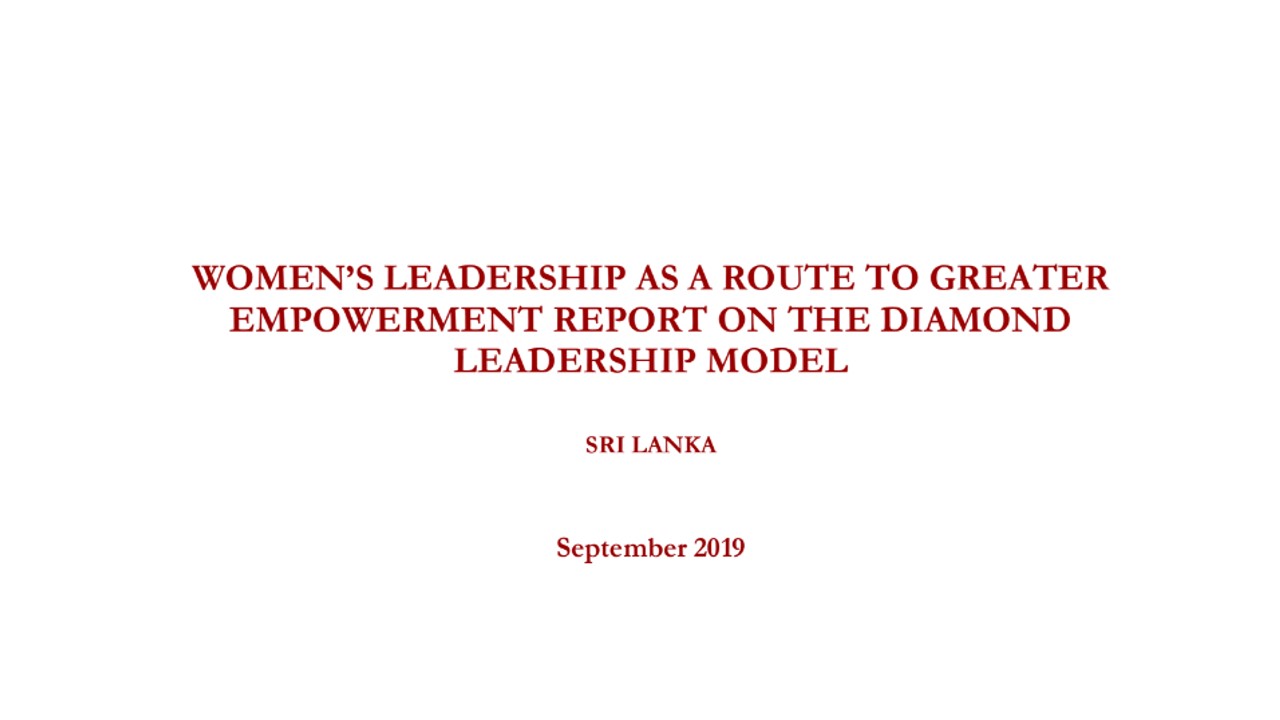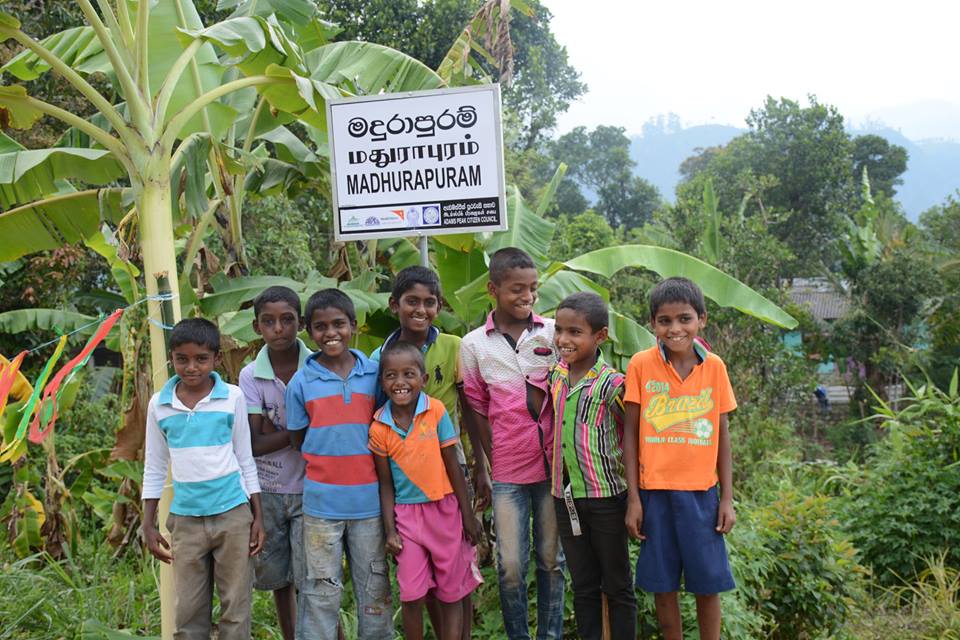A constitutional equilibrium required for development
Patali Champika Ranawaka
Member of Parliament – Samagi Jana Balawegaya (SJB)
The idea of a new constitution has reemerged. The reason is the 12 April 2022 declaration of State bankruptcy. Therefore, people have been pressed to seriously question their representatives and rulers considering the difficulties they are faced with as a result. This has surfaced as a discourse in society about a type of representation outside of parliament that represents democracy directly. When you consider the crisis in Sri Lanka, there are some historical aspects to it, but this crisis has escalated and matured to this point because the non-commercial loans obtained after 2010 were invested in projects that could not generate any income, while the wealth was plundered. Although the question of whether this calamity is a problem of the constitution is before us now, the issue of governance has also come to light as an issue behind this
catastrophic situation.
Even though the issue of the grievances or aspirations of the minority people has been at the centre of discussions during attempts to develop fresh constitutions in the past, the space now expands to deliberate on the issues of democracy, human rights and economic behaviour within a wider scope.
Regulation of development processes Generally, according to the definition of a constitution in political science, the elements of the economy are not reflected in the constitution. They are reflected in the various Acts. However, given the present context of the country, the need to introduce a certain degree of constitutional equilibrium in development without leaving room for the rulers to take arbitrary decisions, has been mooted. We have also suggested the National Physical Plan, the commission should be included in the constitution and ensure that development processes outside of its scope are prevented. In addition, traditional party politics have been seriously questioned.
Those who engaged in political revolutions in our country expected mainly to overthrow the system through an armed struggle and to establish a different social order and a system. They have failed. Therefore, it is not only the democratic system that has failed in Sri Lanka, even the armed insurrections have failed tragically. Also, when we consider countries like Cuba, concepts such as socialism that insurrections expected to establish, have been seriously challenged. Even though those social systems have fallen apart, these problems surface since there are people who still cherish and attempt to dwell on those memories.
Internal democracy of the parties Therefore, it should not only be about the economic system we adopt but attention should also be drawn to the party system and the unlimited powers wielded by the leaders of the respective political parties, the absence of democracy and democratic values within the parties, the tendency to remain without leaving when defeated, the despicable desire and attempts to repeatedly represent parliament, provincial council or local councils through heinous methods and the damage to the country due to nepotism. Attention should be paid to the impact on the country due to family politics. At present one-third of the parliament are relatives, while there is another group of people who have managed to increase their preferential vote count with ill-gotten wealth.
The influence of the media, especially the owners of the electronic media, that launch massive campaigns to send their preferred people to parliament and initiate processes to ensure that those who are not in favour or liked by the media owners are defeated and discredited. There is a wider discourse at present regarding the internal democracy of these political parties and the media outlets. Mass Media and illegitimate capital When it comes to mass media, especially electronic media, the frequencies belong to the people.
They are used in utterly despicable ways and means to misinform and mislead
people, and discredit people they don’t like, and promote their own favoured individuals and groups. Billions of rupees earned through illegal means such as drug trafficking, illegal stone and soil smuggling and government contracts, are invested in elections. These result in higher preferential votes. They are seated in the front row of the parliament today. In such a context, democracy and the value of the people’s vote have become a joke. It is our belief that internal party
democracy, external democratic processes and election processes should be strengthened in this constitution in order to have a real representation of the people instead of this politics of nepotism, corruption and puppets manipulated by the media. In our opinion, the Election Commission should be empowered and strengthened.
The Election Commission should reject party constitutions that do not guarantee internal democracy in the parties. Also, a tradition should be established in the country, in order to create a democratic environment where the main leaders would step down after an election defeat paving the way for other leaders to take over. Also, in the selection of candidates, the parties should be able to have a process of obtaining the preference and or considering the will of the party members from the regions. In some countries, primary elections are held for the candidates in order to select a candidate to represent a party at an election, and that is how presidential candidates and
prime ministerial candidates are selected. Such a process is essential.
Regulation of election expenses The second area is money. The Election Commission should have definite control over the use of finances. Most of the time, attention is paid only to the abuse of state property. The Election Commission should be entrusted to lay down specific rules and regulations for election campaigns that use not only state property but also ill-gotten wealth. Similarly, attention should be paid to the usage of media. Even if there are some issues with print media, as far as mass media is concerned, electronic media is the most widely circulated and used media in the country.
The frequencies used by the media belong to the people of the country. The Internet belongs to the people. Therefore, it is essential to delegate power to the Election Commission to intervene and regulate Internet and electronic media usage in a specific and balanced manner. Otherwise, this will continue to operate in an extremely corrupt manner. The wider public should also develop political traditions outside the constitution. Instead of lamenting, ‘Oh, what happened to us or who is responsible for this mess’ after the country declared bankruptcy, we could have averted the disaster, if we had acted with some kind of understanding before these events unfolded. Therefore, the public should also understand and own these traditions. We need a party tradition where a winning presidential candidate would retire from politics after serving the legitimate term as a president and also where party leaders would step down after losing a main election and thereby, provide the opportunity for others to take the country forward. The country needs party traditions that abhor nepotism and illgotten wealth.
This post is also available in: தமிழ் සිංහල






